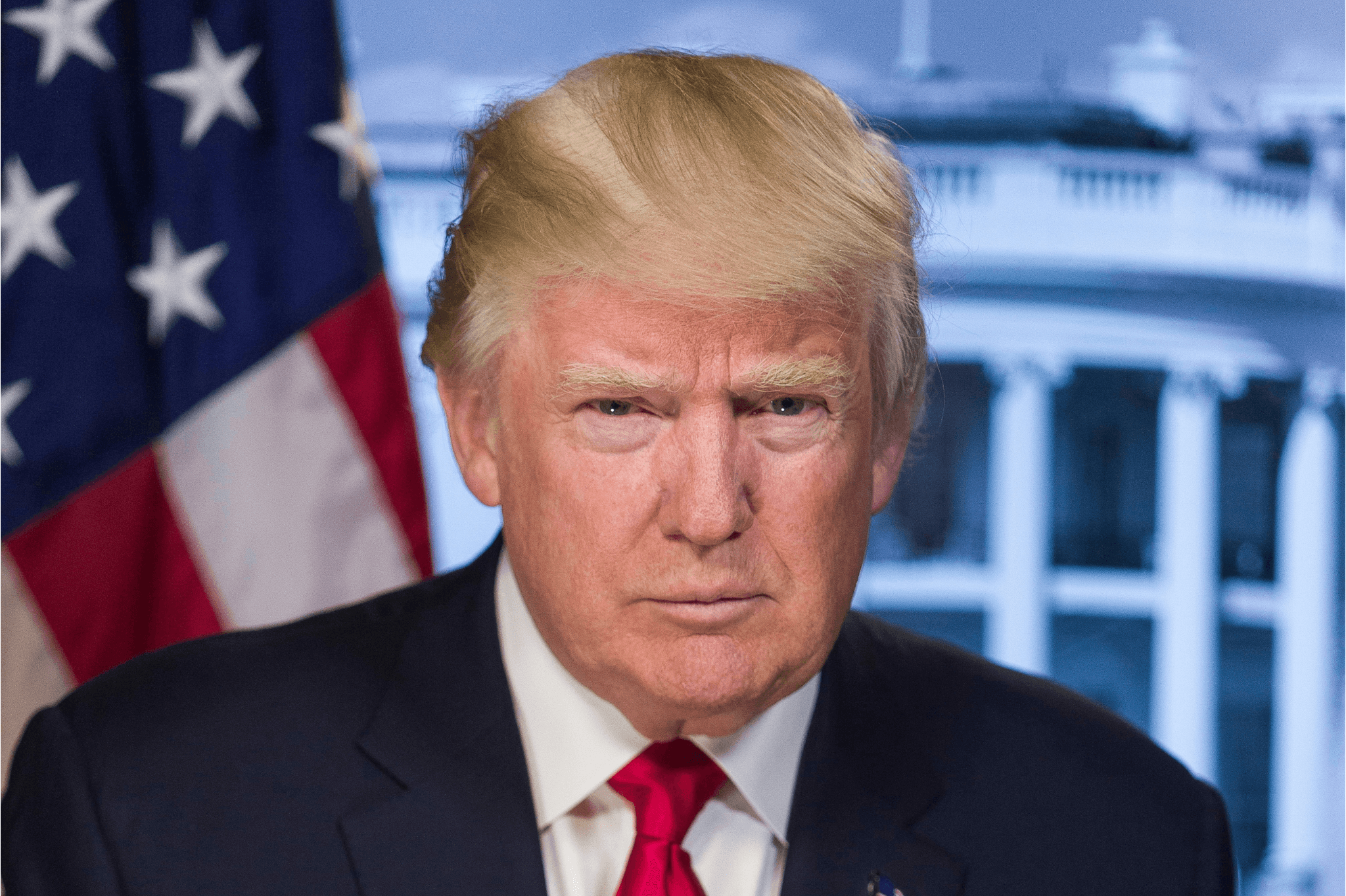
Appeals Court Denies Trump's Immunity Claims in Election Interference Case
In a significant legal setback for former President Donald Trump, a federal appeals court has denied his claims of immunity from criminal prosecution in a case involving alleged efforts to overturn the 2020 election results.
The ruling, issued by a three-judge panel at the US Court of Appeals for the DC Circuit, represents a rebuke to Trump's assertion that actions taken while in office shield him from legal scrutiny. The panel unanimously rejected Trump's argument that he could only be prosecuted if convicted in a Senate impeachment trial first.
In a pointed opinion, the panel stated, "We cannot accept former President Trump’s claim that a President has unbounded authority to commit crimes that would neutralize the most fundamental check on executive power." The decision underscores the importance of holding former presidents accountable for their actions and upholding the rule of law.
The case, brought by special counsel Jack Smith, accuses Trump of attempting to reverse his election defeat through various means, including advancing fake electors and obstructing Congress on January 6, 2021. Trump's motion to dismiss the case was previously rejected by a trial judge, leading to the appeal.
Despite Trump's efforts to delay proceedings, the appellate panel's decision paves the way for pre-trial proceedings to resume, pending a potential appeal to the US Supreme Court. The outcome of this legal battle holds significant implications not only for Trump but also for the broader principles of executive accountability and the rule of law.
Trump's legal strategy, centered on seeking delays, underscores the political stakes at play. With an eye on a potential presidential run in 2024, Trump aims to leverage legal maneuvering to his advantage, potentially influencing the outcome of any trial through political means.
As the legal saga unfolds, the case against Trump serves as a pivotal test of the US legal system's ability to hold powerful figures accountable for their actions, regardless of their status or former office. The decision by the appeals court reaffirms the principle that no one, not even a former president, is above the law.
For any enquiries or information, contact ask@tlr.ae or call us on +971 52 644 3004. Follow The Law Reporters on WhatsApp Channels.